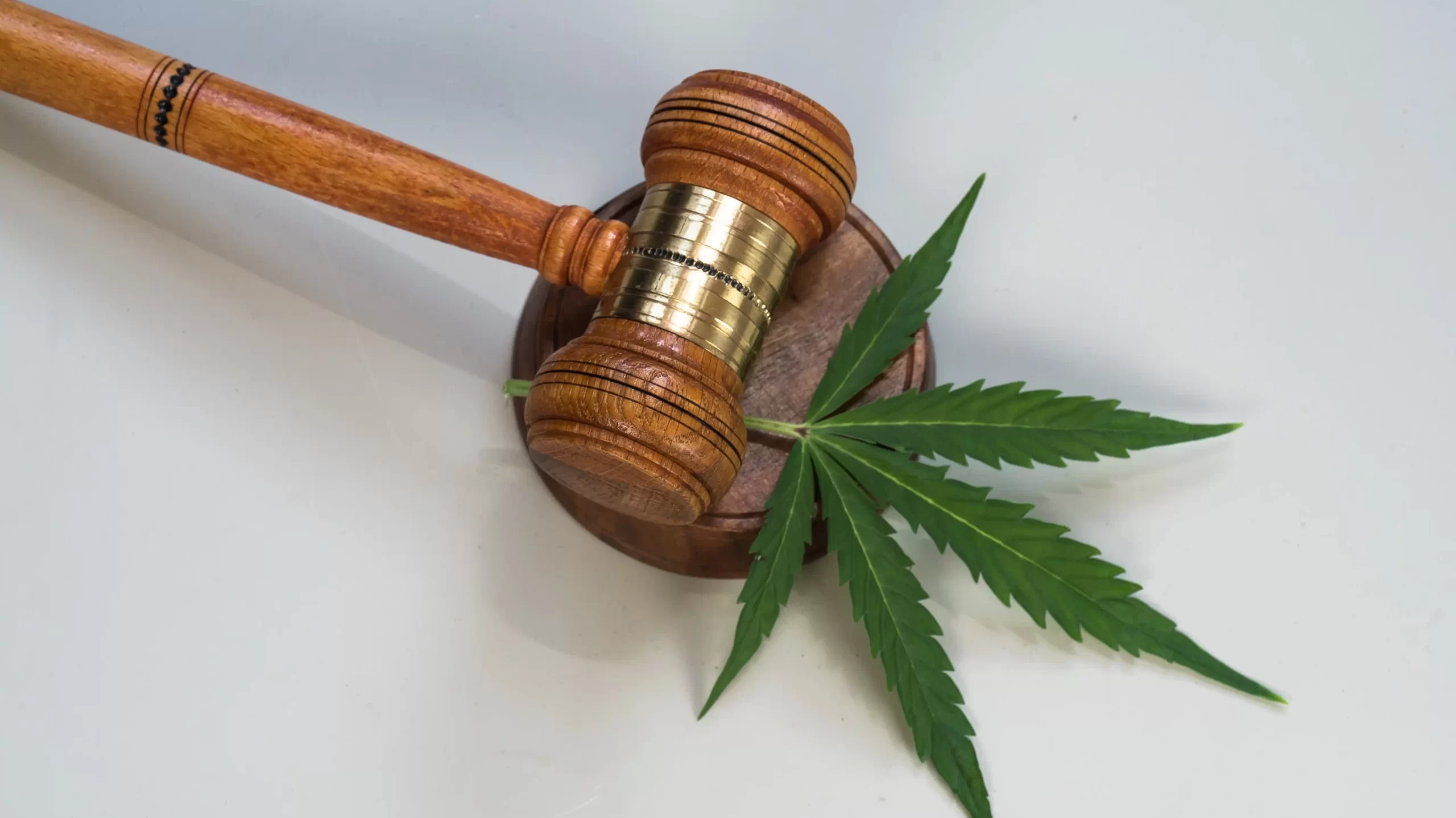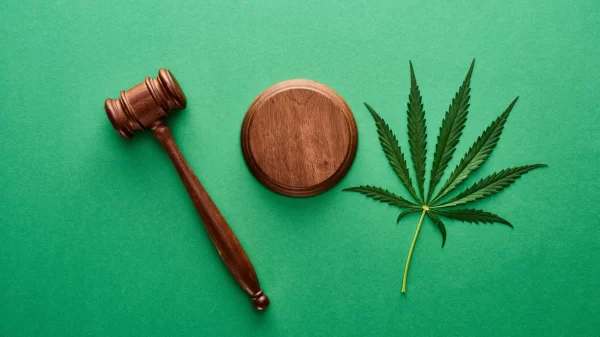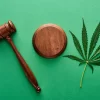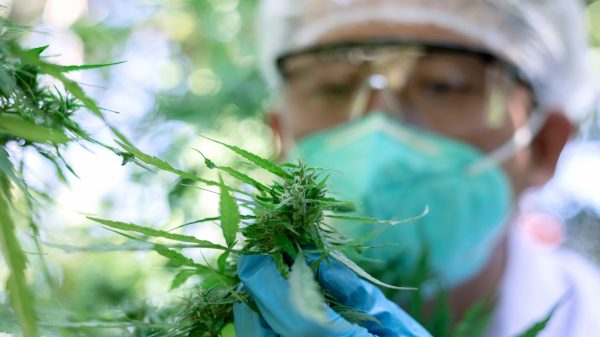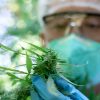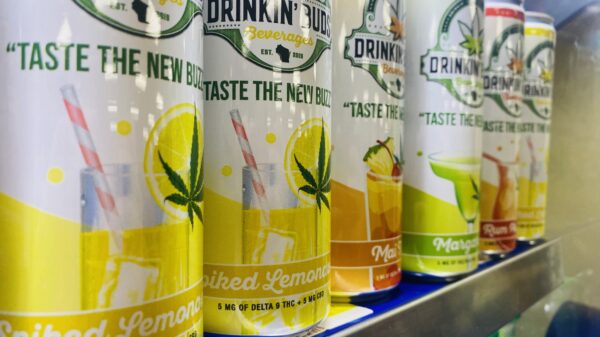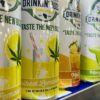On Sunday, Texas Governor Greg Abbott vetoed a bill that would have banned intoxicating hemp products like vapes, gummies and drinks. Despite backing from conservative firebrands, Abbott saw what Alabama ignored: the ban would be a fiscal, constitutional and commonsense disaster.
Instead of taking the hint, Alabama hit the gas.
Thanks to Rep. Andy Whitt’s hasty and misguided House Bill 445, Alabama is now poised to enforce one of the harshest—and most legally vulnerable—hemp laws in the country. The bill doesn’t just ban smokable hemp products. It makes possessing or selling them a Class C felony, punishable by up to ten years in prison. Meanwhile, marijuana possession in Alabama remains a misdemeanor.
Alabama lawmakers have criminalized a non-intoxicating wellness product more severely than a Schedule I drug. That’s not public policy—it’s political theater written in bad faith.
Whitt claims HB445 protects public safety, but what it really protects is confusion and cruelty. The bill bans smokable hemp while layering on a tangled, underdeveloped regulatory scheme for edibles, drinks, tinctures and topicals. THC is capped at 10mg per serving and 40mg per package—but no one can say how those limits will be enforced or who will ensure compliance.
To make matters worse, the law goes into effect on July 1, 2025, yet the licensing, testing and enforcement provisions don’t begin until Jan. 1, 2026. That creates a six-month legal no-man’s-land with no functioning framework. Retailers, manufacturers and law enforcement alike are left flying blind.
The agency tasked with untangling this mess? The Alabama Alcoholic Beverage Control Board—a body with zero experience regulating hemp or cannabis. As of today, they haven’t issued a single page of guidance. And there’s no indication they will anytime soon.
But that hasn’t stopped Alabama Attorney General Steve Marshall from seizing the spotlight. Marshall announced that smokable hemp will become illegal in July, despite the ongoing confusion. Instead of leading with clarity, much less compassion, Marshall has once again chosen to grandstand. His approach to enforcement isn’t about public safety—it’s about power.
This is a pattern for Marshall. From threatening women over out-of-state abortion access to pushing vague and punitive drug laws, he has repeatedly substituted ideology for constitutional reason. HB445 gives him yet another tool to punish Alabamians for behavior that federal law explicitly allows.
We’ve seen this movie before. Alabama passed a vaping law that was quickly challenged in court for violating federal preemption laws. Faced with the Supremacy Clause, the state backed down. The same fate likely awaits HB445—and we’ll waste more time and tax dollars fighting a battle we’re destined to lose.
Abbott, to his credit, vetoed the Texas ban precisely because it would have faced “valid constitutional challenges.” He urged lawmakers to develop a better plan that respects federal law and avoids unnecessary litigation. Alabama, led by Whitt and enabled by Marshall, didn’t even consider that possibility.
HB445 is Andy Whitt’s Frankenstein—stitched together in haste, poorly understood by its creator, and now poised to punish the very people he claims to protect. Whitt has insisted the ABC Board is “diligently working” on rules, but diligence can’t fix what was broken from the start. A bill this flawed needed clarity before passage, not six months after felony exposure begins.
What Whitt has created is not a public safety law—it’s a slow-motion disaster. It threatens farmers, retailers, patients and veterans. It punishes common sense and assumes the worst of the people it governs.
Meanwhile, Texas still allows smokable hemp. Their multi-billion-dollar hemp industry supports over 53,000 jobs and provides legal, regulated alternatives to opioids for veterans and those suffering from chronic pain. Greg Abbott—no one’s idea of a cannabis champion—understood that criminalizing an entire legal industry makes no sense legally, economically or morally. He asked for a better plan.
Alabama didn’t.
HB445 is a moral, constitutional and policy failure. It ignores federal law, burdens an unprepared agency, and opens the door to selective prosecution and injustice. It will criminalize farmers, small business owners and veterans—not for selling something harmful, but for offering a safer alternative to the very drugs Alabama claims to be fighting.
It will cost jobs. It will drive the hemp market underground. And it will once again leave Alabama on the losing end of a federal courtroom.
Alabama should learn from Texas and repeal HB445 and put it on hold until the next session. For now, Alabama has chosen to embrace confusion, contradiction and cruelty. The blame lies squarely with Rep. Andy Whitt, Attorney General Steve Marshall, and every lawmaker who voted to turn hemp into a felony while pretending to defend freedom.
Greg Abbott chose law, logic and economic sanity. Alabama lawmakers chose chaos. The people of Alabama didn’t choose either. Still, they bear the weight of the failure.

































